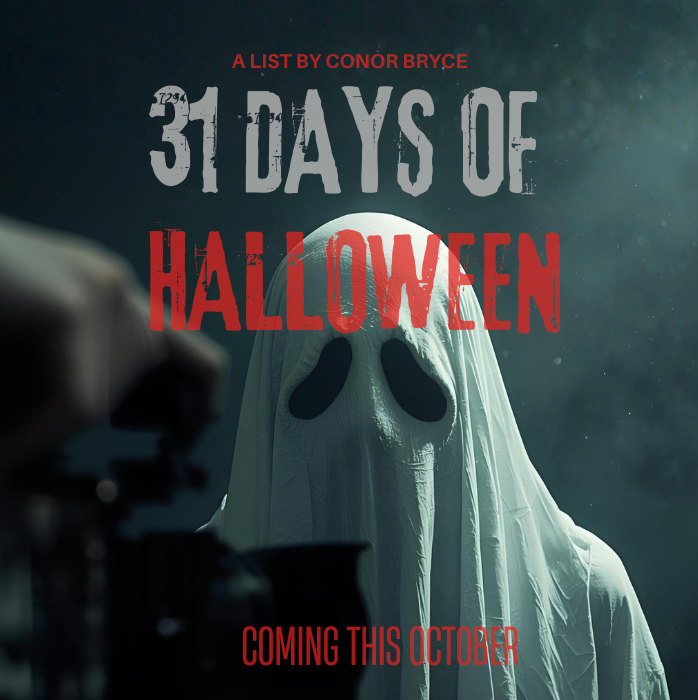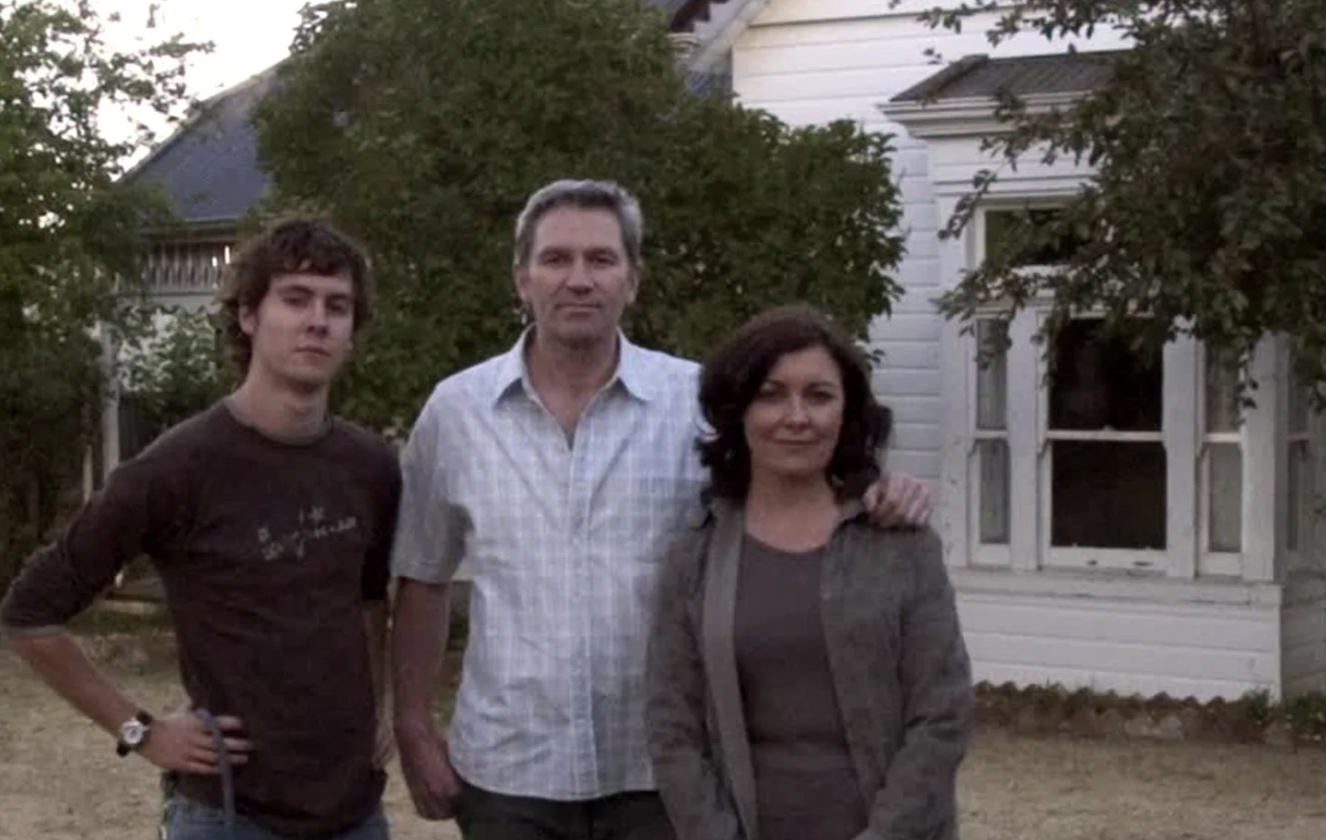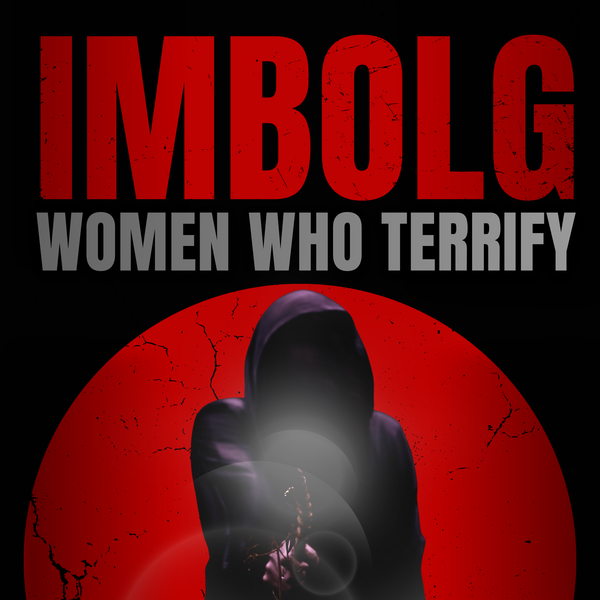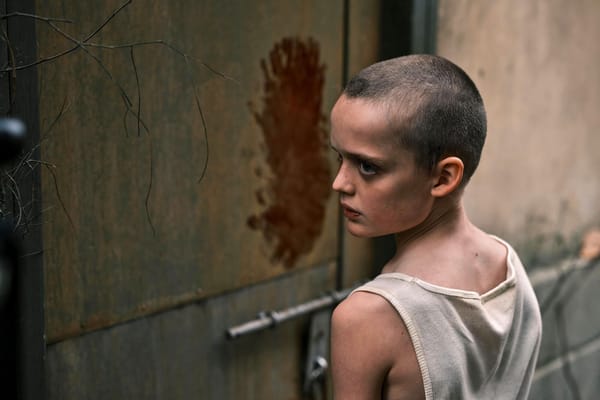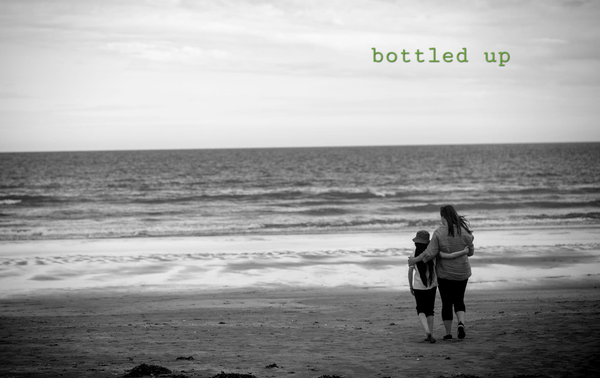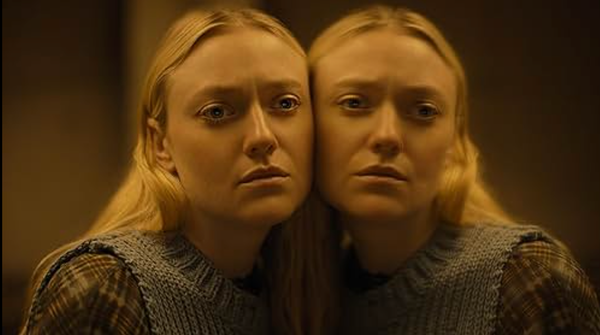In this review, Sarah Cullen takes a moonlit trip to Lake Mungo.
It doesn’t feel quite right calling Lake Mungo a mockumentary; there are no winks to the camera here. Recounting the story of the Palmer family, haunted by their daughter following her tragic drowning, Australian director Joel Anderson employs talking heads, found footage and location shots that are indistinguishable from a non-mock documentary (well, outside the possibility of true paranormal events). The result is a rich and vibrant world, holding a dark secret at its heart.
Perhaps it would be more accurate to say many dark secrets, as Lake Mungo's narrative unfurls, and as more of the Palmers’ story is revealed. It begins with the revelation that daughter Alice (Talia Zucker) is haunting their home. When her likeness is discovered in photographs and films recorded by her brother Matthew (Martin Sharpe), the narrative grows more complex as we learn more about her grieving family’s growing dysfunctions, and Alice’s own hidden life. Was Alice herself haunted before she died? Did she know about the tragedy that was coming for her?
All the way down to the flat establishing camera shots and grainy news footage, Lake Mungo is one of the most authentic-looking and feeling fictional documentaries around. Like its spiritual predecessor, Picnic at Hanging Rock, the sun-drenched Australian scenery blinds us to the secrets hiding in the shadows. The actors are uniformly fantastic, each conveying the layers of grief, confusion, and at times dishonesty needed to create complex, three-dimensional characters who could easily populate our own world. Even the twists and sudden narrative reveals – which would typically prove frustrating, indicating that the filmmakers were intentionally trying to mislead the viewer – make perfect sense in the context of a sensationalist documentary crew interested predominantly in keeping the viewer’s attention.
Many of the film’s most disturbing moments come from a careful juxtaposition of still images from photos or video feeds, a slowly panning camera, and a droning soundscape that mimics the electronic interference of the recording equipment. However, for me, one of the most haunting scenes is Alice’s father Russell (David Pledger) simply talking to the camera, recounting his own paranormal encounter with his daughter. Here we see how Lake Mungo is a ghost story in the most stripped-back, purest sense: the story of a dead girl, the story of a family desperately trying to find closure from their grief.
As alluded to above, Lake Mungo has the additional layer of its in-universe filmmakers, who have put together this ninety-minute documentary for reasons unknown. Are they believers in the paranormal? Are they cynically profiting off the grief of a vulnerable family, or even working as PR for a family who have themselves been accused of garnering public attention from their daughter’s death?
Any and all of these readings are possible. Regardless of the conclusions you come to, Lake Mungo remains a haunting rumination on the nothingness that follows the death of a loved one.
Lake Mungo is available to stream online now.
